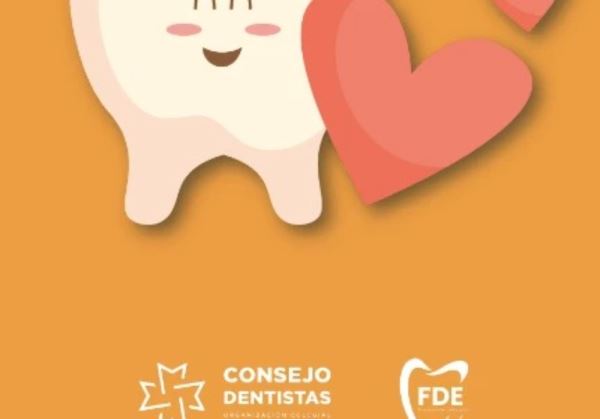Our Blog
Oral pathologies are closely connected to cardiovascular health
Untreated oral diseases affect a large portion of the Spanish population, according to data from the Epidemiological Surveys on Oral Health promoted by the General Council of Dentists of Spain. Oral diseases pose a challenge for cardiac patients. Several studies have examined a possible association between periodontal disease and cardiovascular disease (CVD).
Among other associated pathologies, hypertension, atrial fibrillation, coronary artery disease, and hyperlipidemia have been analyzed. In all of these, it has been shown that the presence of untreated active periodontal disease significantly increases the risk of developing them. The association of periodontitis with CVD has been explained by a series of mechanisms that, broadly speaking, can be classified as direct and indirect effects between disease processes. Direct mechanisms include the effects of periodontal bacteria and their virulence factors on vascular walls, while indirect effects include systemic inflammation and metabolic changes caused by periodontitis.
Heart disease affects more than 11 million people in Spain, almost 25% of the population, and is the leading cause of death in our country.
Numerous studies confirm that the risk of atherosclerotic disease and coronary heart disease increases up to threefold in the presence of periodontitis.
Dr. Óscar Castro Reino, president of the General Council of Dentists and the Spanish Dental Foundation, points out that "a healthy mouth in cardiovascular patients contributes to the control of their underlying pathology and prevents major complications." In fact, the relationship between poor oral health and many cardiovascular pathologies is widely supported by scientific evidence.
Recommendations for Patients with Cardiovascular Disease
In honor of World Heart Day, celebrated on September 29, the General Council of Dentists and the FDE (Spanish Dental Association) have developed an educational brochure for patients with cardiovascular disease, showing how to care for their oral cavity to enjoy optimal oral health:
- Teeth should be brushed at least twice a day with fluoride toothpaste, morning and night. The appropriate time is 2 minutes, and this includes the gums and tongue. This can be done with a manual or electric toothbrush.
- It is also very important to clean the areas between the teeth, using dental floss or interdental brushes. It is recommended to do this at night.
- After brushing your teeth, rinse the toothbrush thoroughly with water, dry it, and store it in a dry place. Brushes should be changed every 3 months, or sooner if the bristles become deformed. It is also advisable to change your toothbrush if you have had the flu or any other infectious disease.
- If you wear removable dentures, they should be removed after each meal and cleaned carefully to prevent infection.
- In some cases, the dentist may recommend using mouthwash, gel, or a spray, usually antiseptic, to combat bacteria. They should never be used unless prescribed and you have been informed how and for how long to use them.
- It is essential for patients with cardiovascular disease to visit the dentist regularly.
- Eat a healthy and balanced diet, prioritizing vegetables, fruits, fish, and olive oil, and controlling sugar intake.
- Do not smoke or consume alcohol.
"Maintaining a healthy mouth in patients with cardiovascular disease, in addition to being a priority, is feasible by adopting appropriate healthy habits, having accurate information, and undergoing regular dental checkups," concludes Dr. Castro.

